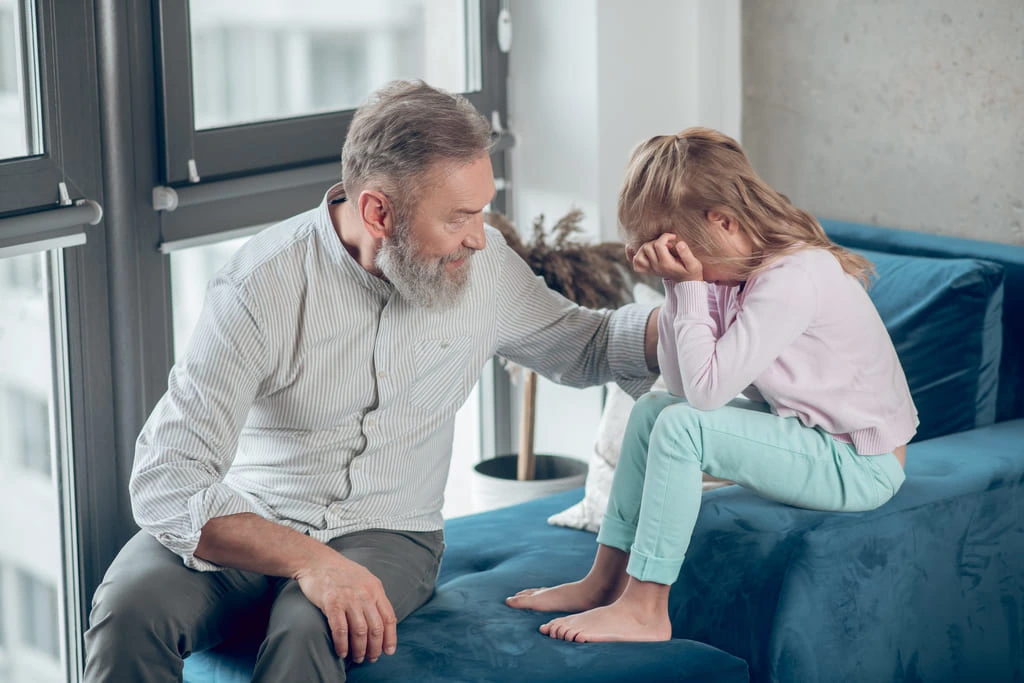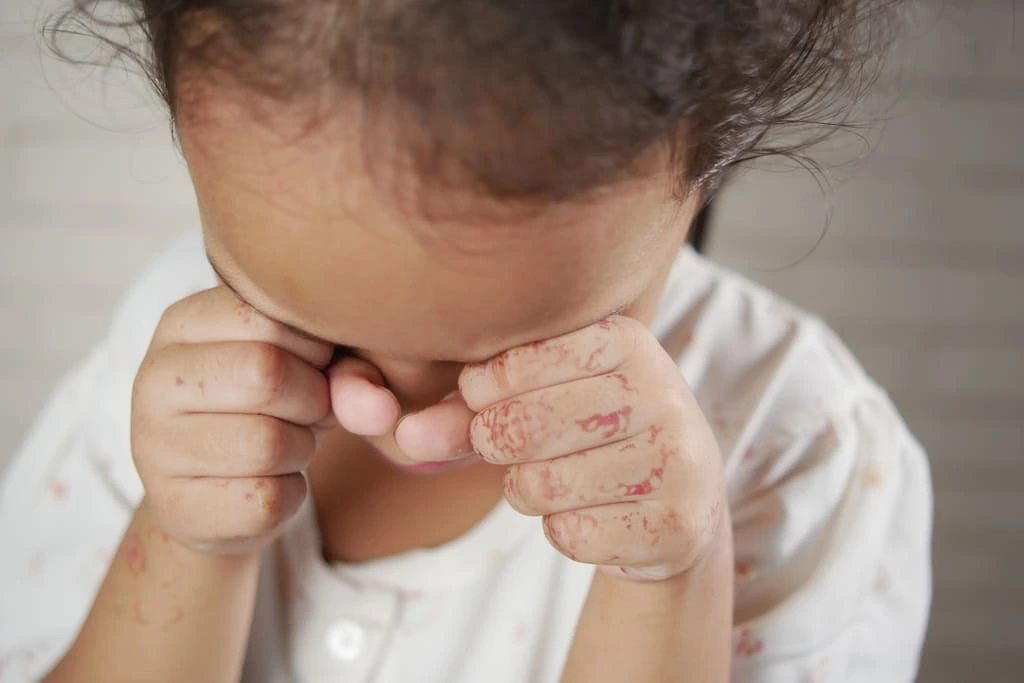What Is Self-Injurious Behaviour?
Self-injurious behaviour includes all instances where individuals put themselves at risk of physical harm. While self-injurious behaviour is common with Autistic individuals, various mental health challenges can put individuals at similarly heightened risk of self-injury, including borderline personality disorder, depression, and anxiety disorders. Individuals with developmental disorders also may be at risk of self-injurious behaviours.
Self-injurious behaviour includes:
- Head banging
- Face slapping
- Skin picking
- Hand or arm biting
- Forceful handshaking
- Scratching or pinching
Restricted and repetitive behaviours leading to self-harm can affect Autistic adults, adolescents, and children. These incidents often interfere with social integration at school or the workplace and may lead to Autistic burnout. Preventing self-injurious behavior is an integral part of supporting individuals on the spectrum.
Causes of Self-Injurious Behaviour
Just like any behaviour that challenges, Autistic individuals use self-injury as an alternative means of communication. When people with Autism Spectrum Disorders are unable to express their thoughts and feelings in words, they may resort to challenging behaviours resulting in self-injury. Self-injurious behavior is usually a sign that the individual’s needs are unmet and they are dealing with pain or discomfort.
Common self-harm risk factors and triggers include the following:
- Struggling with excessive stress and worries
- Underlying physical distress, such as headaches or stomach aches
- Sensory overload
- Life changes, such as the transition from school to work
- Changes in routine
- Traumatic experiences
- Mental health challenges

Strategies to Prevent Self-Harm in Autistic Individuals
Preventing self-harm in Autism can be a challenging task for caregivers. However, there are many available resources and effective measures you can take to prevent these incidents and maximise the person’s safety.
It is essential to approach people with Autism Spectrum Disorder facing self-injurious behaviour with patience and remember that these behaviours of distress are not the individual’s fault.
Below is a list of the key steps towards helping Autistic children and adults overcome self-harm.
Identifying the Causes
Several potential causes and risk factors lead to self-injury in Autistic children and adults. Self-harm can be used as a reaction or coping mechanism in case of overwhelming situations the person has no control over. In order to help a loved one, you need to find out the psychological or physical cause that resulted in this type of behaviour.
Creating a Safe and Sensory-Friendly Environment
Sensory overstimulation is one of the most common causes of self-injurious behaviour. Therefore, people with Autism Spectrum Disorder need a safe, sensory-friendly environment to retreat when overwhelmed. Sensory rooms have specific accommodations, such as comfortable seating and decreased sensory input.
Autistic individuals struggling with sensory oversensitivity can also benefit from using various sensory tools, such as noise-cancelling headphones or weighted blankets.
Encourage Open Dialogue
Behaviours that challenge are often a way for Autistic individuals to communicate their thoughts and emotions. Some people with Autism Spectrum Disorder, especially children, may resort to self-injurious behaviour when they feel pain or discomfort due to unmet needs.
Encouraging open dialogue is an essential part of supporting people on the spectrum. Giving your Autistic child or relative a healthy way to describe their needs can prevent further instances of self-injury.
Promote Emotional Regulation
When emotions become too intense to cope with, Autistic individuals can benefit from help to calm themselves down. Every person with Autism is different and may benefit from different forms of emotional regulation.
For instance, schools should provide safe spaces where children with Autism can withdraw in cases of emotional overload. At home, the individual should also have a safe room full of sensory tools to help them calm down.
Apply Positive Behaviour Support Approach
Positive Behaviour Support (PBS) is an increasingly popular intervention strategy for helping Autistic individuals overcome behavioural challenges, including self-injurious behaviors. This person-centred approach helps individuals with neurological differences, developmental disorders and intellectual disabilities overcome challenging behaviours and adopt healthier ones.
PBS aims to assess the causes of self-injury and other challenging behaviours, and then equip the individual with suitable resources for healthy communication. This method is favoured in modern care services due to its focus on dignified treatment and effectiveness in supporting Autistic people.
The Importance of Early Intervention and Holistic Support
Self-injury affects the individual and their loved ones, educators, and peers. It is important to address self-harm as early as possible. Parents and teachers should create a safe environment where potential triggers are removed and the individual’s needs are met.
Autistic individuals who struggle with self-harm deserve patience and empathy. Preventive mental health services and early interventions involving holistic support can prevent these occurrences and maximise the person’s safety. This way, people on the Autism spectrum can achieve social integration and reach their full potential in every aspect of their lives.
Unique Community Services Uses PBS to Prevent Self-Harm in Autistic Individuals
At Unique Community Services, we deliver humanised home care services for Autistic individuals at elevated risk of self-harm. Our dedicated team uses Positive Behaviour Support (PBS) as a person-centred approach to assisting Autistic individuals facing challenges with self-injurious behaviours.
We provide compassionate support to help children and adults on the Autism spectrum avoid self-injurious behaviour. Our impact-driven clinicians work closely with the individual, specialists and family members to assess needs and personal boundaries.
The Unique Community Services team follows carefully outlined care plans that prioritise the individual’s privacy, dignity, and safety.
We provide CQC-regulated home care services to neurodivergent individuals in Leeds and Manchester.
Contact us now, and we will create a personalised care plan tailored to your unique needs.

